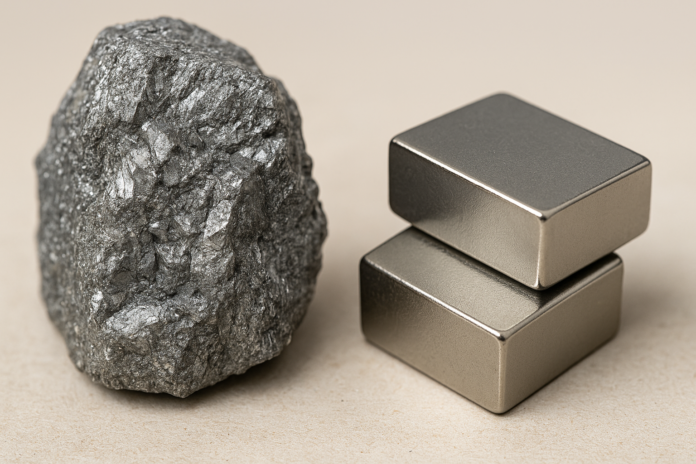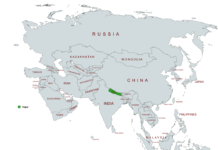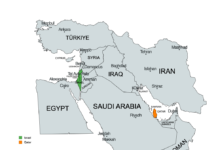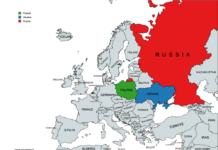The United States and China have reached a new understanding aimed at accelerating the delivery of rare earth materials to American industries, according to U.S. officials. The announcement, made by the White House on June 26, 2025, signals progress in ongoing trade talks between the two countries.
President Donald Trump confirmed that the U.S. had signed a deal with China earlier in the week. While few details were disclosed at the time, administration officials later clarified that the agreement focused on implementing a framework tied to earlier negotiations held in Geneva this past May.
China’s commerce ministry also acknowledged the agreement on Friday, stating that it would continue to process export permits in line with its existing laws. The deal comes after a stretch of strained trade relations that began with tariffs and escalated into disruptions of critical supply chains, particularly those related to rare earth elements.
Rare earths, a group of minerals essential to electronics, defense equipment, electric vehicles, and renewable energy systems, are largely controlled by China. The country has dominated mining and processing of these materials since the 1990s. During the recent trade conflict, China had limited exports of these resources, affecting a wide range of sectors, from car manufacturing to semiconductors.
U.S. Commerce Secretary Howard Lutnick described the arrangement as reciprocal: once China resumes deliveries, the U.S. will lift certain countermeasures that had been imposed in response to earlier restrictions. Lutnick also mentioned that the administration is pursuing similar agreements with other major trading partners, suggesting that the strategy includes a broader reorganization of trade priorities.
The Geneva discussions initially aimed to roll back non-tariff measures China had placed on U.S. goods since April 2. However, implementation stalled as Beijing tightened control over rare earth shipments. Sources from within the industry indicate that Chinese authorities have been closely monitoring buyers to ensure that exported materials are not used in U.S. military applications. This scrutiny has delayed the licensing process, slowing deliveries.
As shortages took hold, U.S. automakers began to raise alarms. A Ford executive recently said the company was operating “hand to mouth” due to the lack of rare earth components. In response, China reportedly granted temporary export licenses to suppliers serving the top three American car manufacturers earlier this month, allowing limited flow of materials to resume.
The Wall Street Journal reported that China had taken additional steps to guard its rare earth industry, including requiring companies to submit lists of technically trained employees and even requesting some to surrender passports, in an effort to prevent unauthorized information-sharing abroad.
Later in June, Trump hinted at further developments, mentioning a deal involving magnets and rare earths in exchange for the U.S. allowing Chinese students to continue studying at American universities.
Although broader trade disagreements remain unresolved, this recent agreement over rare earth materials marks an attempt to stabilize a key piece of the global supply chain. For industries that rely on these critical minerals, the move may offer some relief—at least in the near term—as discussions continue between Washington and Beijing.
This image is the property of The New Dispatch LLC and is not licenseable for external use without explicit written permission.










